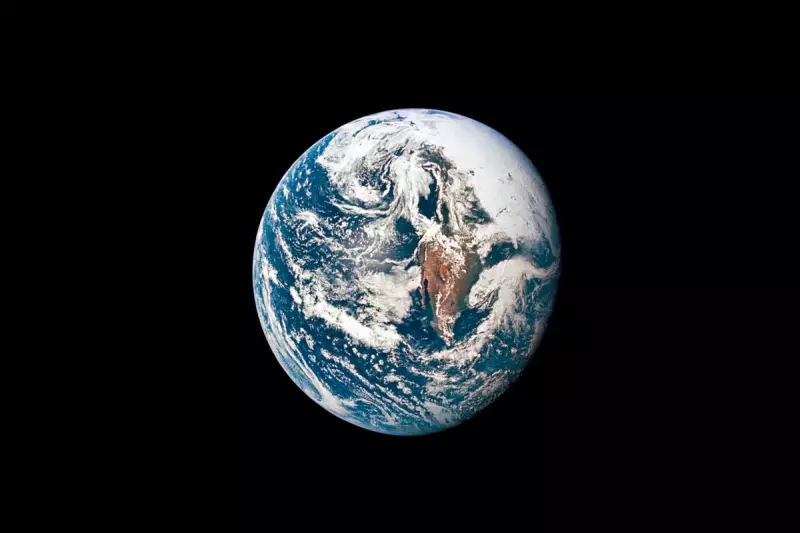
A revolutionary scientific study has potentially cracked one of biology's greatest puzzles: how the essential building blocks of life first assembled on a primordial Earth. The research offers a compelling new answer to the 'chicken and egg' conundrum that has long plagued the RNA World hypothesis.
The RNA World's Greatest Hurdle
For decades, the prevailing theory for the origin of life has centred on RNA (ribonucleic acid), a multifaceted molecule capable of both storing genetic information, like DNA, and catalysing chemical reactions, like proteins. This led to the 'RNA World' idea, which suggests that self-replicating RNA molecules were the precursors to all life on Earth.
However, a massive stumbling block has stubbornly remained. For RNA to form, it requires pure, crystalline minerals called ribonucleosides. The very processes that create these pristine crystals are the same ones that would have utterly destroyed them in the chaotic chemical soup of early Earth. It was a classic catch-22 situation that seemed impossible to resolve.
A Eureka Moment in the Lab
The new research, published in the journal Nature, appears to have found an elegant solution. Scientists discovered that the key lies in the presence of amidines and carboxylic acids—common, simple molecular compounds that would have been abundant billions of years ago.
When these two types of compounds interact, they create a perfect environment where RNA's components can form and, crucially, remain stable. This process effectively provides a protective chemical cradle, allowing the fragile ribonucleoside crystals to assemble without being immediately torn apart.
Rewriting the Textbooks on Life's Beginnings
This discovery is monumental. It provides a plausible, step-by-step chemical pathway for how RNA could have emerged from the basic ingredients of early Earth. It suggests that life's origins were not a wildly improbable fluke, but a natural chemical progression.
'This finding helps to reconcile the paradox of RNA's origins,' explained one of the study's lead authors. 'We've identified conditions that are both sufficiently robust to create the molecules and gentle enough to preserve them. It changes our fundamental understanding of that pivotal moment when non-life became life.'
The study not only strengthens the RNA World hypothesis but also opens up thrilling new avenues for research into the chemical origins of life on other planets, suggesting the ingredients for life may be a universal constant.





